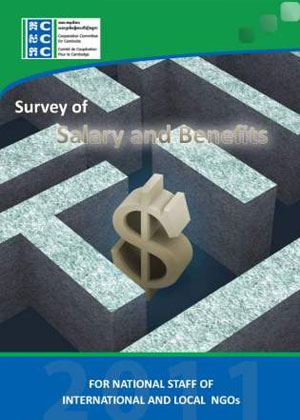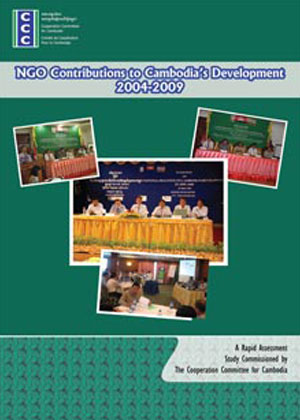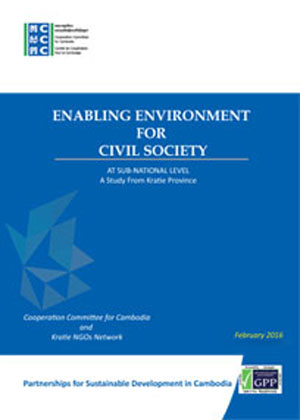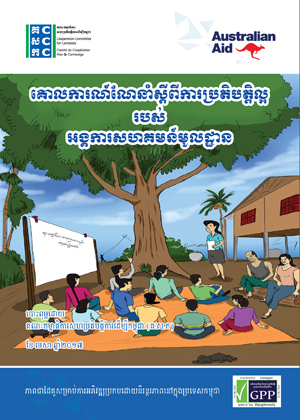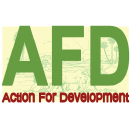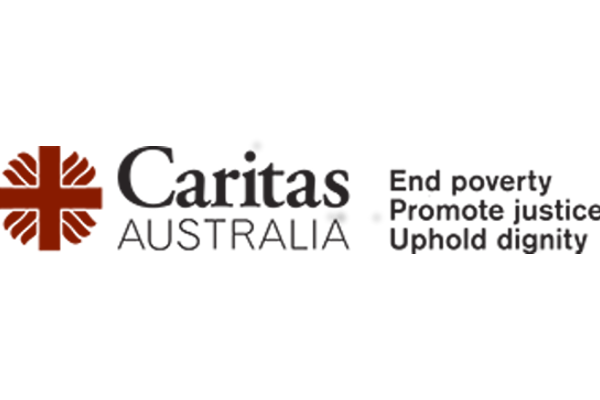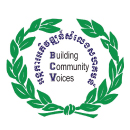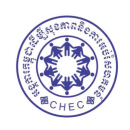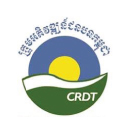Moving From Aid Effectiveness To Development Effectiveness
Aid effectiveness and, increasingly, development effectiveness are much discussed topics globally. High level commitments have been made and signed by donor and recipient countries in order to ensure that aid is better managed and better coordinated for the benefit of poor and marginalised citizens in developing countries. The 2005 Paris Declaration on Aid Effectiveness and the 2008 Accra Agenda for Action (AAA) outline modalities and targets for realising the commitments made by signatory countries. In Cambodia, mechanisms are in place to facilitate dialogue between the Royal Government of Cambodia and their development partners regarding a range of development effectiveness issues. Over the past 30 years, non-government organisations and other civil society actors in Cambodia has made an outstanding contribution to the reconstruction and social development of Cambodia, however, mechanisms to engage non-government organisations (NGOs) or other civil society organisations at a policy level on development effectiveness issues are very limited.
The Cooperation Committee for Cambodia (CCC), in partnership with the NGO Forum on Cambodia, Medicam and other national and international NGOs has engaged the non-government community at national and sub-national level to:
- build awareness of aid effectiveness
- create opportunities for engagement and contribution to national debate on policy issues related to aid effectiveness
Between November 2009 and July 2010, CCC collaborated with its NGO partners to host and facilitate a series of three progressively inclusive, high level national workshops, informed by a series of earlier sub-national workshops. These workshops were actively supported and funded by a range of partners including Alliance 2015, Open Forum, the Asia Pacific Research Network and the UNDP’s Multi-Donor Support Program, to name a few. The first national workshop engaged NGOs and other civil society actors only, the second engaged NGOs with its development partners and the third involved – on the third day – NGOs, development partners and government together. Edited minutes from each of these three national workshops are presented in Appendices 1, 2 and 3 respectively.
This report contains a synthesis of the proceedings of all three national workshops and shows how they were informed by deliberations at sub-national level. Subsequent sections of this report contain an overview of the achievements resulting from the workshop series, including a summary of the key issues discussed, agreements reached, and commitments made. First, however, some background information about civil society and nongovernmentorganisations in Cambodia is presented, along with a summary of Cambodia’s commitment to development effectiveness.


